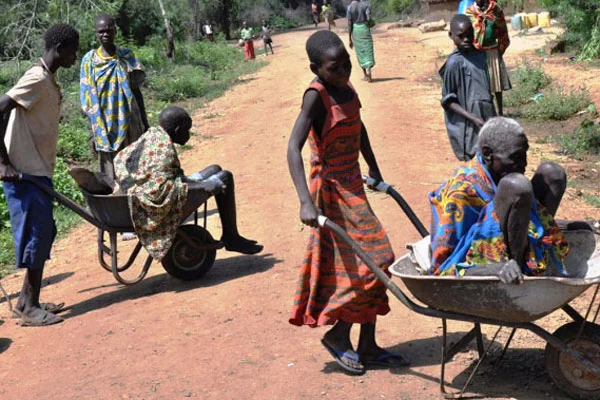Expand SAGE to cover youth

What you need to know:
In Uganda, the social protection programme came through Social Assistance Grants for Empowerment (SAGE) scheme targeting vulnerable family and senior citizens of 65 and more
Social protection is recognised across the world as a critical element of national development strategy. It is seen as a gateway to reach the vulnerable so as to achieve inclusive and equitable development.
In Uganda, the social protection programme came through Social Assistance Grants for Empowerment (SAGE) scheme targeting vulnerable family and senior citizens of 65 and more years, although lowered to 60 years among the Karimojong.
However, in June 2015, the Ministry of Gender phased out the Vulnerable Family Grant on grounds that it was contentious and not well-received by communities.
Nonetheless, the idea behind the programme was to enable the vulnerable to access basic needs and start income generating activities.
But the question is, how much is at stake or available for the vulnerable to access the so-called basic needs or start income generating activities?
Under the SAGE programme, Shs25,000 (about $7) per month, is given to senior citizens. Considering the current standards of living, that amount can neither buy utilities, drugs nor start even the smallest business? The low amount aside, the SAGE programme faces challenges of inequality, inequitable and exclusiveness.
Uganda has 134 districts, although the programme is currently running in 55 districts. The government set up and trained the district SAGE support teams. It is also in the process of establishing regional centres to support districts technical support units. But rolling out the programme in only 55 districts is not only unfair, but also undermines equitable national development.
Besides, excluding the youth in the SAGE programme undermines the essence of the programme. It is important to involve young people in the programme given that they are the ones who will continue with the development of the country. Besides, young people are the link between older and future generations. The programme should cover the youth as a way of nurturing them into every aspect of their lives.
Students graduate from higher institutions of learning every year. They graduate with enthusiasm, and hope, but many often do not have where to start from due to lack of jobs or start-up capital.
Therefore, while the SAGE programme has the potential to bring development in the country, not much has been attained from it due to the many challenges facing it. It is crucial to rollout the SAGE as national programme and increase funding to it and make the youth part of the programme if it is to achieve its intended goal(s), maybe as a package after school to enable them to create jobs and to engage in production for the good of the country.
Brighton Aryampa,




